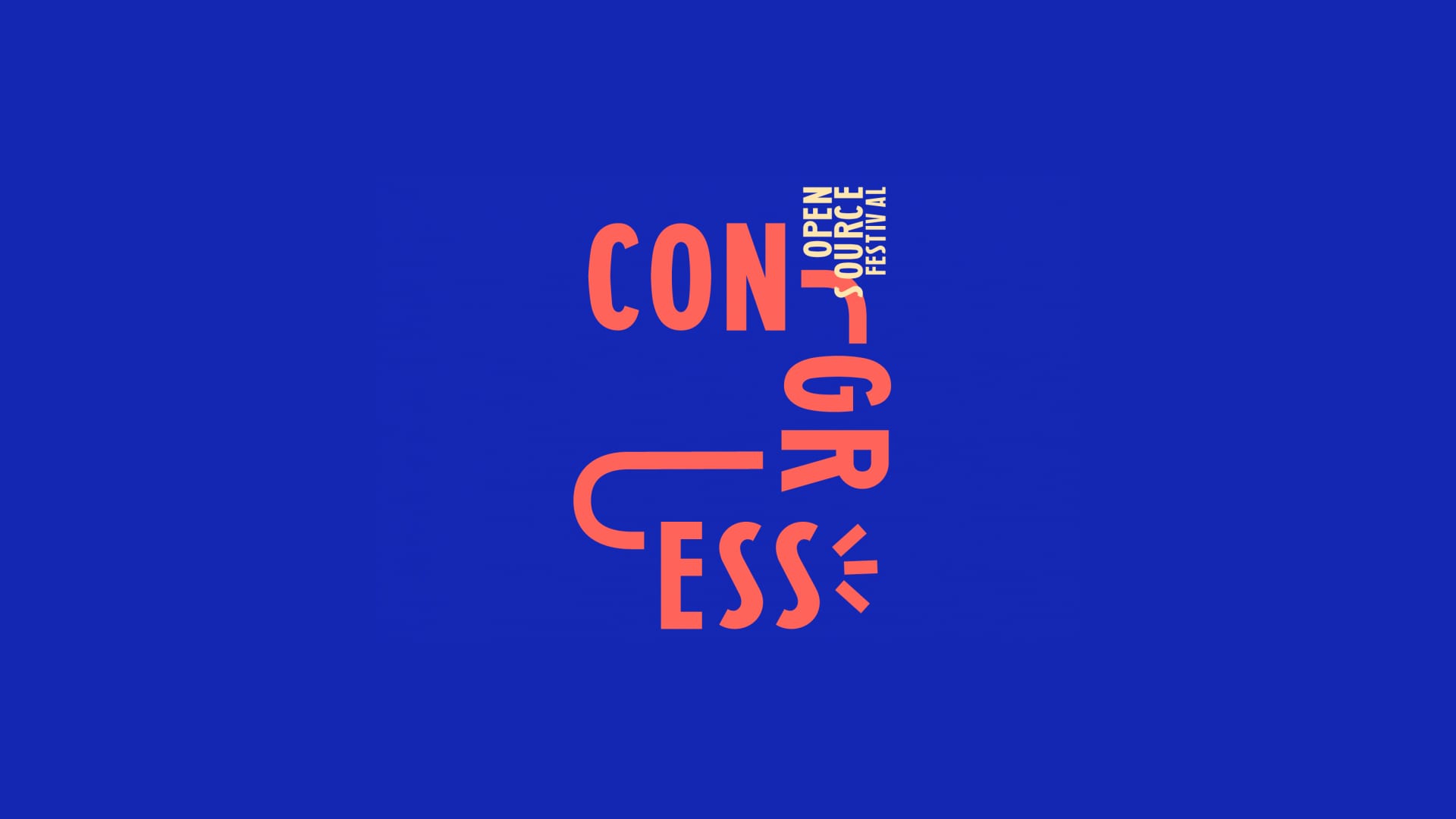
In the middle of the forest, breathing fresh air on the grounds of the Düsseldorf gallop racecourse and with an absolutely top-class line-up. That's how you know the Open Source Festival. Following this identity, this year the Open Source Festival Congress took place for the first time the day before. The theme: creativity. innovation. Business fields of tomorrow. And how everything is connected. Sounds diverse. It was. According to the organizer, there was to be a "wild" exchange of ideas on the subject of creativity. Above all, the topic was illuminated in a very controversial way, without the individual speakers, some of whom were strongly scientifically oriented, galloping off in their respective topics.
Richard David Precht, for example, opened the day with his outlook on the future of our working world and why it is again necessary to admit complex thoughts and pursue them in order to achieve real innovation and solutions. Above all, he called for a rethinking of corporate decisions, which in his view are still far too often influenced too strongly by controlling.
Another highlight was psychologist Michael Kosinski from Stanford University. He deals with the analysis of digital personality profiles and explained that 200 Likes on Facebook and Co. are already enough to draw valid conclusions about our person. By the way, much more accurate than our own family could. He therefore recommended that we move away from the idea of digital privacy and acknowledge that our digital identity has long been an open book. The more openly we dealt with it, the more this development could also be used for research that perceived the respective profile as more than just a consumer product.
Of course, with such a setup of topics, the digital revolution was also repeatedly discussed in several panels. What was refreshing, however, was that this so-called revolution was also placed in the context of a social revolution and that people were not seen as mere objects of a blunt digitalisation hysteria. So it did not remain with the usual cliches. Especially not when the individual speakers could be addressed in a relaxed manner on the festival grounds and individual aspects could be discussed further together over a cup of coffee.
With all the variety of thoughts and interdisciplinarity that went into the race on this day of the congress, the question of the chance to help shape the future was always at the end. It is understandable that neuroscientists, meat producers or designers gave different answers to this question, but they all shared the opinion that what was needed above all was an overarching openness to change. After all, the horsepower that is gained here on the racetrack through exchange, for example, would also have to be brought onto the road.

In the middle of the forest, breathing fresh air on the grounds of the Düsseldorf gallop racecourse and with an absolutely top-class line-up. That's how you know the Open Source Festival. Following this identity, this year the Open Source Festival Congress took place for the first time the day before. The theme: creativity. innovation. Business fields of tomorrow. And how everything is connected. Sounds diverse. It was. According to the organizer, there was to be a "wild" exchange of ideas on the subject of creativity. Above all, the topic was illuminated in a very controversial way, without the individual speakers, some of whom were strongly scientifically oriented, galloping off in their respective topics.
Richard David Precht, for example, opened the day with his outlook on the future of our working world and why it is again necessary to admit complex thoughts and pursue them in order to achieve real innovation and solutions. Above all, he called for a rethinking of corporate decisions, which in his view are still far too often influenced too strongly by controlling.
Another highlight was psychologist Michael Kosinski from Stanford University. He deals with the analysis of digital personality profiles and explained that 200 Likes on Facebook and Co. are already enough to draw valid conclusions about our person. By the way, much more accurate than our own family could. He therefore recommended that we move away from the idea of digital privacy and acknowledge that our digital identity has long been an open book. The more openly we dealt with it, the more this development could also be used for research that perceived the respective profile as more than just a consumer product.
Of course, with such a setup of topics, the digital revolution was also repeatedly discussed in several panels. What was refreshing, however, was that this so-called revolution was also placed in the context of a social revolution and that people were not seen as mere objects of a blunt digitalisation hysteria. So it did not remain with the usual cliches. Especially not when the individual speakers could be addressed in a relaxed manner on the festival grounds and individual aspects could be discussed further together over a cup of coffee.
With all the variety of thoughts and interdisciplinarity that went into the race on this day of the congress, the question of the chance to help shape the future was always at the end. It is understandable that neuroscientists, meat producers or designers gave different answers to this question, but they all shared the opinion that what was needed above all was an overarching openness to change. After all, the horsepower that is gained here on the racetrack through exchange, for example, would also have to be brought onto the road.
© 2020 BETTY + BETTY
© 2020 BETTY + BETTY